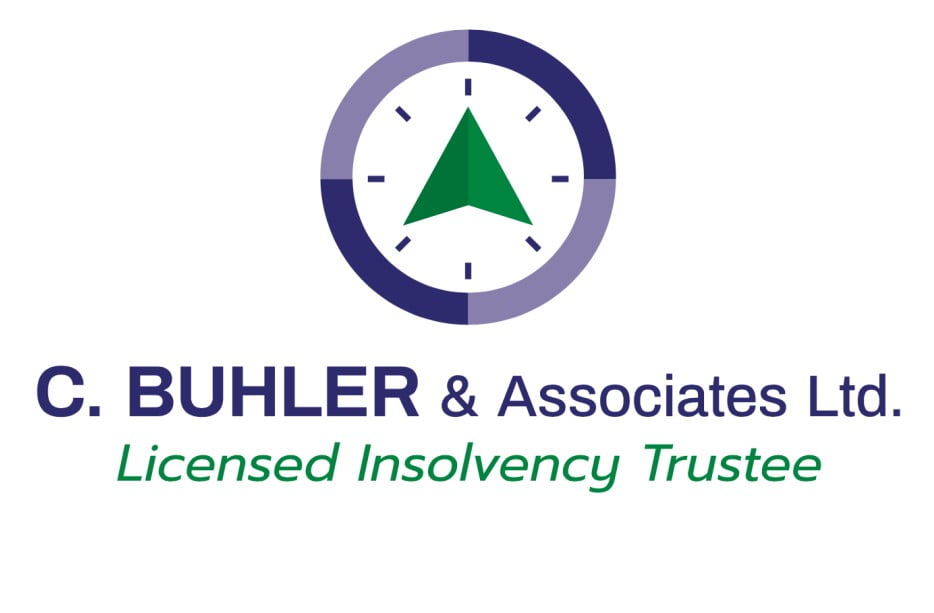Bankruptcy often carries a stigma that can lead people to have feelings of dread, shame, and failure. Many individuals view it as a personal failure rather than a legitimate financial solution. And the truth is, a bankruptcy filing shouldn’t be seen as a shameful thing. In fact, individuals who file for bankruptcy can improve their financial situation significantly when compared to those who choose to keep struggling with their current consumer debt, leaving themselves and their families feeling continuously drained and uncertain of how to remedy the situation. If you’re considering filing bankruptcy, read the five fundamental reasons why bankruptcy should be seen as a financial decision and not a moral failure:
1. Things In Life Happen Beyond Your Control
One of the key reasons to think of bankruptcy as a financial decision, not a moral failure is that many situations in life leading to financial trouble are beyond your control. Things like sudden job loss, unexpected medical emergencies, or economic downturns can seriously impact your financial situation. For example, a sudden layoff can leave you in a situation where you’re unable to meet your financial obligations, resulting in outstanding debt payments. In these situations, bankruptcy might be the best way to regain control of your finances quickly.
2. A Legal Safety Net
In Canada, bankruptcy is a structured legal process designed to help people manage their debts. The Bankruptcy and Insolvency Act allows individuals to declare bankruptcy and receive protection from creditors. This legal framework exists to provide a fair solution for those who are overwhelmed by personal or business debt. By taking time to understand that bankruptcy is a tool to help, rather than a sign of moral failure, people can start to see it as a legitimate path to financial recovery.
3. An Opportunity For A Fresh Start
Bankruptcy offers people a chance for a fresh financial start. After declaring bankruptcy, your debt is likely to be significantly reduced. This will allow you to start again without the weight of those heavy financial burdens. This reset can relieve the stress and anxiety that come from dealing with constant financial worry. Using bankruptcy as a way to rebuild your life is not a failure. Instead, it’s a positive step toward a new, financially stable life.
4. The Knowledge Behind Financial Literacy
The stigma associated with bankruptcy as a moral failure often arises from a lack of understanding of financial literacy. Many people are not fully educated on budgeting, saving, and managing credit card debt, student loan debt, and personal loans. This knowledge gap can lead to uninformed decisions, or situations where you could be taken advantage of, resulting in bankruptcy. By acknowledging and supporting financial literacy initiatives, we can educate those facing difficult situations to help prevent this stigma and financial hardships in the future.
5. Help Is Available When You Need It
In Canada, there are many resources available to help people considering bankruptcy. A licensed insolvency trustee is your best resource to understand your options, and can provide guidance to help you understand your options and explain how bankruptcy proceedings work. These professionals know that seeking help is a responsible and proactive step, not a sign of weakness or failure. By using professional expertise, you can make informed choices about your financial future.
Filing For Bankruptcy Can Turn Your Life Around
It’s time to change how we perceive bankruptcy in Canada. Rather than seeing it as a shameful failure or an immoral act, we should acknowledge it as a practical financial decision. Life’s challenges and uncertainties can be overwhelming, causing both physical and emotional strain. With a change in perspective, you can use bankruptcy to take control and start moving your life forward again.





